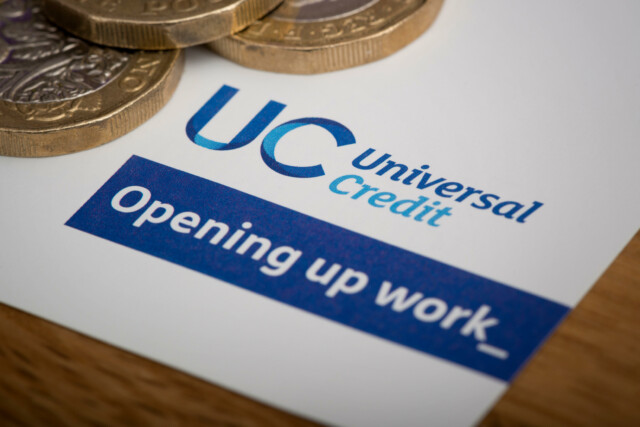
HOUSEHOLDS on Universal Credit have started being hit with a major change.
The Administrative Earnings Threshold (AET) has been increased, impacting roughly 120,000 on the benefit.
Households on Universal Credit have started being hit with a major change
Previously, households on Universal Credit had to earn the equivalent of 12 hours’ pay a week at the National Living Wage to not have to meet certain requirements.
These included having to look for more work or preparing for more work.
But the 12-hour threshold was increased to 15 hours on January 30.
However, the change didn’t start impacting households until yesterday, February 26, when the first full assessment period began ending.
It means roughly 120,000 impacted households will now have to earn more to be exempt from looking for or preparing for work, or risk being sanctioned – when payments are temporarily stopped or reduced for a set period.
Who is being impacted by the change?
Every person has their own unique earnings threshold depending on their circumstances.
But, as a rough example, before, if you were single, employed and had household earnings of more than £494 per month you were not expected to look for or be available for work.
The figure for those with a joint income, so couples, was £782.
But these have now gone up to £617 and £988 respectively.
If you earn under these amounts you will have to look for or be available for work.
If you are earning over these amounts you won’t have to look for or prepare for work.
There are some exceptions as well, like if you have a joint Universal Credit claim and your partner is not expected to work because they have a Limited Capability for Work.
Or, if you are over the state pension age.
The rules can be complicated so it’s worth talking to your work coach about how they could impact you.
You can contact charities like Turn2Us for free too. Their number is 0808 802 2000.
What other help is there for households on Universal Credit?
Those on Universal Credit can get a number of freebies on top of the benefit.
The government has announced millions, including those on Universal Credit, will get a £900 cost of living payment in the next two years.
It is going to be split into three instalments. You don’t have to apply as they will be made automatically into bank accounts.
Those on Universal Credit can get help paying for broadband and mobile phone contract through social tariffs too.
These are available to households on the benefit at a cheaper rate than normal.
Ofcom has a list of providers that offer customers receiving Universal Credit social tariffs on its website.
You might be able to get a council tax reduction too, but what discount you can get depends on what council area you fall under.
You can get cold weather payments between November 1 and March 31.
The payments are worth £25 and dished out when temperatures are recorded as, or forecast to be, zero degrees or below on average for seven consecutive days.
The £25 is paid for each seven-day period where the weather is below zero degrees Celsius.
Payments are usually made to households on certain benefits, including Universal Credit, automatically.
You can check out our guide on cold weather payments here.
For the full list of freebies you can get on Universal Credit in March, read our guide.







